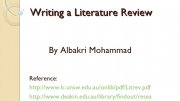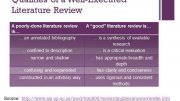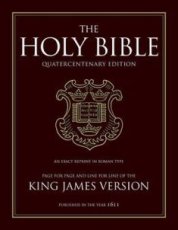 And his essay "Filling the Unforgiveble Minute: The Literature of Running" in the print edition of WLT, intern Kaitlin Hawkins takes us through Robinson's timeline of running literature.
And his essay "Filling the Unforgiveble Minute: The Literature of Running" in the print edition of WLT, intern Kaitlin Hawkins takes us through Robinson's timeline of running literature.
The Epic of Gilgamesh
Author unknown
“It all goes back to the Sumerian myth of Gilgamesh, who runs ‘faster’ than the wind’ for twelve hours through the deep darkness of the underworld.”
The Bible
Various Authors
1 Corinthians 9:24-27
“The saintliness starts with St. Paul, who uses analogies from training and racing so often and so knowledgeably in his epistles that he was surely a runner, or a coach, or a fan. ‘Every athlete goes into strict training. They do it for a fading wreath; we, a wreath that never fades. For my part, I run with a goal in front of me.’”
They do it for a fading wreath; we, a wreath that never fades. For my part, I run with a goal in front of me.’”
1 Timothy 4:7, Acts 20:24, 2 Timothy 4:7
“Paul the coach challenges you: ‘Keep yourself in training for the practices of religion, ’ ‘finish the race and complete the task, ’ so that at the last you can say, ‘I have run the great race. I have finished the course, I have kept the faith.’”The Iliad
Homer
“[Homer] also catches the excitement of the crowd, leaning close in as the runners go by, and the sense of seeming to slip free from gravity that can lift the winning runner to the sprint.”
John Milton
1644
 “‘I cannot praise a fugitive and cloistered virtue, unexercised and unbreathed, that never sallies out and sees her adversary, but slinks out of the race, where that immportal garland is to be run for not without dust and heat.’”
“‘I cannot praise a fugitive and cloistered virtue, unexercised and unbreathed, that never sallies out and sees her adversary, but slinks out of the race, where that immportal garland is to be run for not without dust and heat.’”
Robert Louis Stevenson
1886
“In Robert Louis Stevenson’s Kidnapped, Dabie Balfour and Alan Breck Stewart, after many hours of running through the Highlands to escape the redcoats, become ‘really wearied ... toiling, stumbling ... and white as dead folks.’”
“Song of the Ungirt Runners”
Charles Sorley
1916
“Seemingly so simple, the poem is infused with the deep disorientation of that anxious generation (‘We know not whom we trust’), as well as affirmation that some things, like running, are not done ‘for cause’ or ‘for prize, ’ but simply because they give us contact with the natural world, and a bond with one another that goes deeper than any social or military hierarchy.”
A Portrait of the Artist as a Young Man
James Joyce
1917
“Little Stephen Dedalus gets his glasses broken by a bicyclist while he’s running on the school cinder track, but the association stays so positively in his memory that he later describes a speeding train at night as flinging ‘the little glimmering stations ... behind her ... like fiery grains flung backwards by a runner.’”
“The Racer”
John Masefield
1923
“But most often running is something intense, an every-second-counts commitment, ‘the racer ... staring with fiery eyeballs, ’ a rush of thumping blood that makes the ‘soul kindle’...”
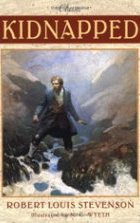
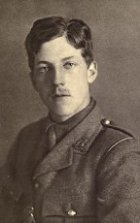
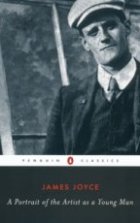
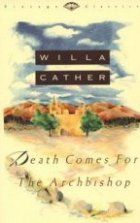
Source: www.worldliteraturetoday.org
You might also like:
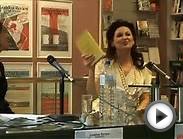
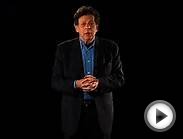
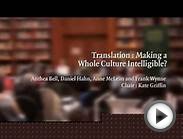

|
Classic Literary Subway Stop Signs Posters featuring American, English and World Literature Art and Craft Supply (ECHO-LIT, LLC)
|
Related posts:


